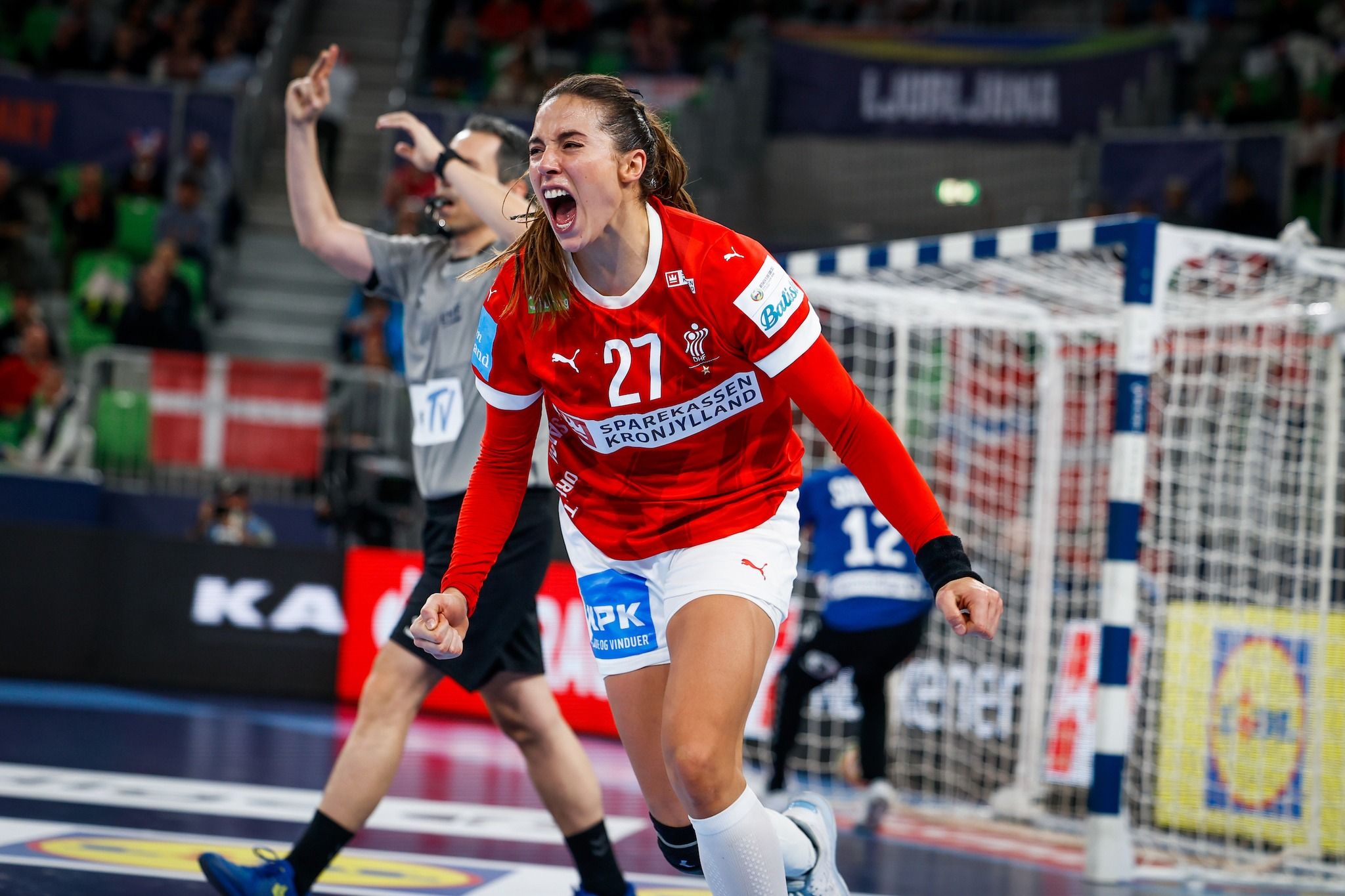The Danish women’s handball side were minutes away from the promised land last night: heights not reached since the final of the 2004 Olympics.
At half-time they led 15-12 and then 22-18 with 15 minutes to go. A nation watching at home started to believe … but then the unthinkable happened.
Seven barren minutes in front of goal later and they were staring defeat down both barrels. Norway eventually won 27-25 to claim the European Women’s Handball Championship trophy.
Disappointment and history repeating itself
Right back Louise Burgaard was particularly disappointed after scoring five goals in the first half.
“Three years ago we finished fourth, last year we finished third, and this year we finished second. Surely that means it’s our turn next time?” she told TV2.
But let’s hope it’s not Norway again, as the last time Denmark made the Euros final, as Olympic champs in 2004, it was Norway who beat them! And by the same score-line: 27-25!
Two Danes on official All Star team
Small consolation arrived with the news that two Danish players were named in the official European Championship All Star Team.
Emma Friis was named the tournament’s best left wing, while Kathrine Heindahl the tournament’s best defender.
Norway and losing semi-finalist France also got two of the nine players.
The nine players selected on the All Star Team:
Goalkeeper: Cléopatre Darleux, France
Left wing: Emma Friis, Denmark
Left back: Cristina Neagu, Romania
Playmaker: Stine Oftedal, Norway
Right back: Katrin Klujber, Hungary
Right wing: Jovanka Radicevic, Montenegro
Line player: Pauletta Foppa, France
Best defender: Kathrine Heindahl, Denmark
Most Valuable Player: Henny Reistad, Norway















